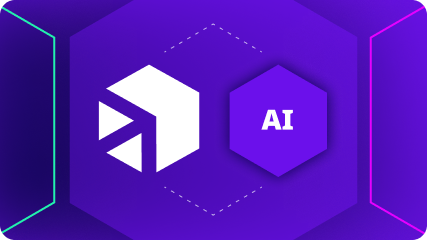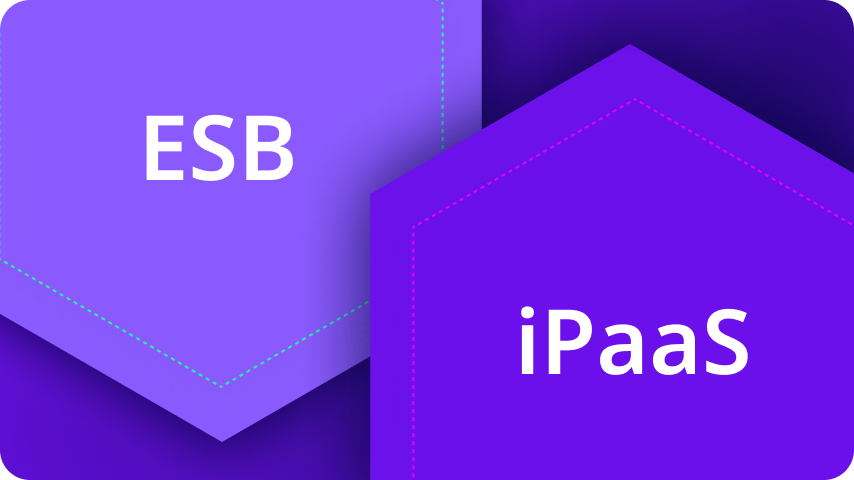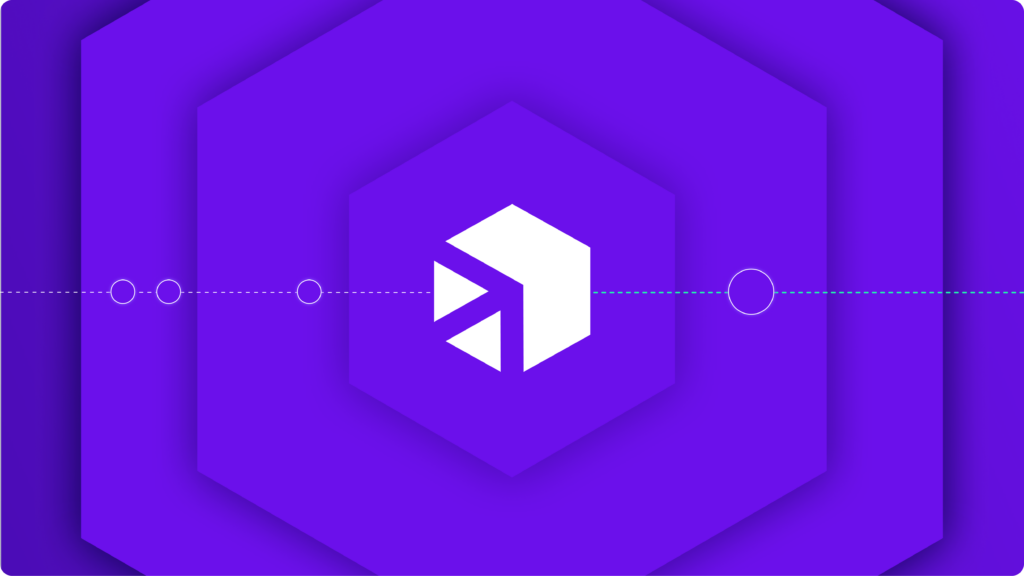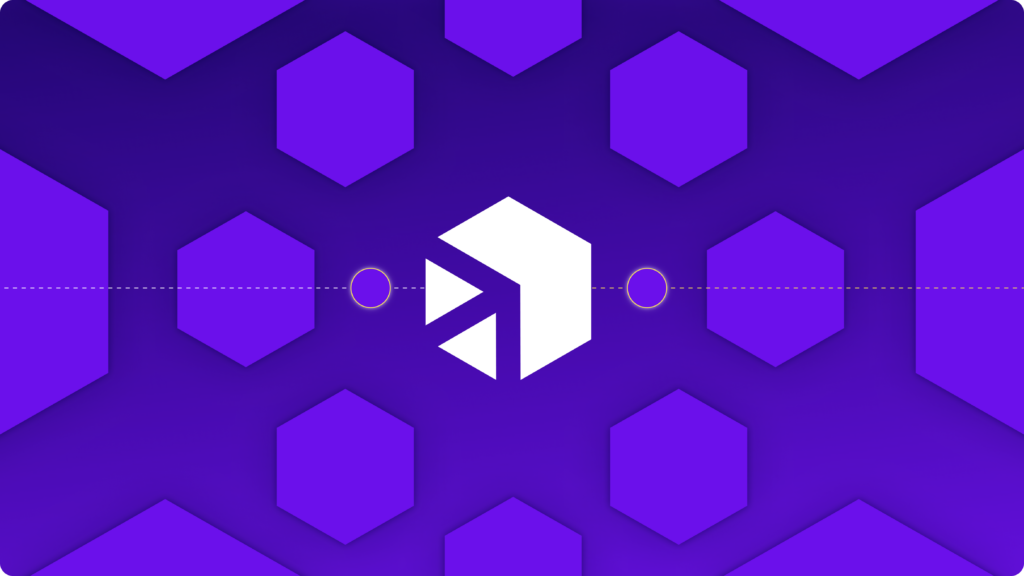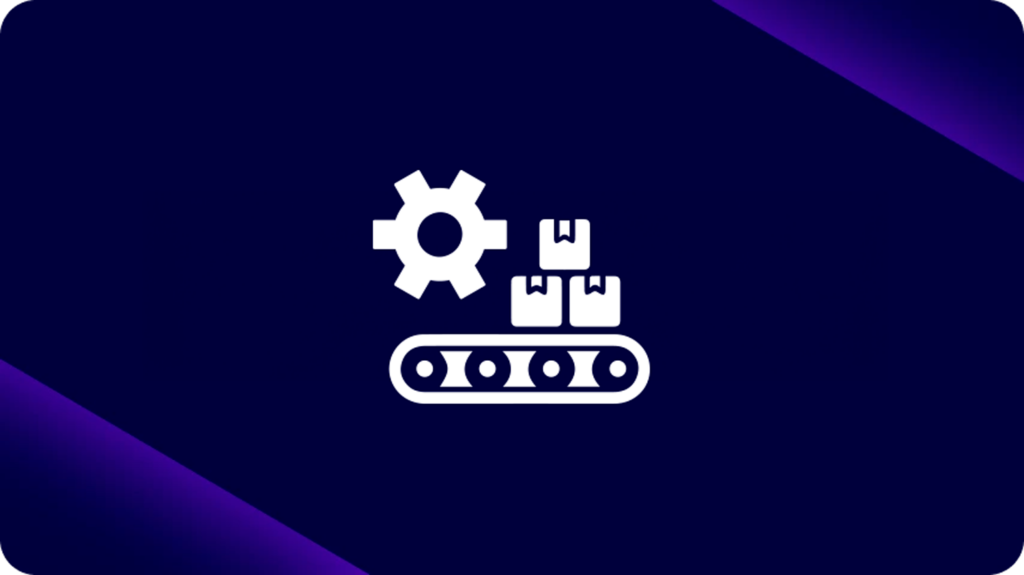abril 6, 2023
Líderes de negócios e de TI enfrentam decisões de TI complexas – e muitas vezes caras – que têm efeitos significativos e duradouros em suas empresas. O cenário de TI está em constante mudança, o que pode tornar difícil saber o que é melhor para o momento presente e para o futuro. A A decisão errada pode impactar duramente o resultado financeiro da empresa e causar dores de cabeça contínuas que poderiam ser totalmente evitadas.
Este artigo compara os modelos de Enterprise Service Bus (ESB) com as soluções de integração como serviço (iPaaS) para as necessidades de integração atuais. Para uma comparação justa, primeiro é necessário entender a diferença entre ESB e iPaaS.
>> Agende uma demonstração personalizada com nossa equipe de especialistas e veja como o iPaaS da Digibee trará eficiência ao seu negócio.
O que é um Enterprise Service Bus (ESB)?
O Enterprise Service Bus, ou ESB, é um hub centralizado que estabelece regras para orientar as capacidades de comunicação entre diferentes aplicações. A maior limitação de um ESB é que ele foi desenvolvido antes do avanço dos serviços baseados em nuvem, por isso geralmente estão limitados a conectar sistemas legados ou de backend on-premises que não vão mudar ou escalar.
O que o ESB significa para sua integração de TI?
O ESB existe desde a década de 1990, quando substituiu muitos modelos de integração ponto a ponto (P2P), que estavam limitados a conectar apenas duas aplicações por vez.
As integrações com ESB representaram um grande avanço na época, porque o modelo permite que várias aplicações se conectem por meio de uma infraestrutura semelhante a um barramento plugável. Ele funciona conectando sistemas, funcionalidades e dados de aplicativos, permitindo que essas capacidades se comuniquem com outras aplicações.
O que é uma plataforma de integração como serviço (iPaaS)?
A evolução da integração de TI levou ao desenvolvimento do Integration Platform-as-a-Service (iPaaS). Uma solução de integração iPaaS tem a capacidade de conectar sistemas de aplicativos on-premises, baseados em nuvem e híbridos, oferecendo muito mais flexibilidade, funcionalidade e escalabilidade do que um modelo ESB.
O iPaaS baseado em assinaturas pode ajudar a reduzir o tempo e o custo das integrações de TI, o que, em última análise, ajuda sua empresa a alcançar um retorno mais rápido sobre o investimento.
Como um iPaaS pode ajudá-lo a atingir metas corporativas
Líderes empresariais, como os C-levels, devem sempre considerar o crescimento e os resultados financeiros. Um iPaaS corporativo permite que você faça ambos, pois pode ser mais barato, mais flexível e mais escalável do que os modelos tradicionais de integração P2P ou ESB. Além disso, pode ser implementado muito mais rapidamente do que outros métodos. Um exemplo disso é descrito abaixo.
Digibee integrou uma plataforma segura de e-commerce para a varejista internacional Payless Shoes em mais de 200 lojas em 15 países. A facilidade de uso da arquitetura empresarial iPaaS fez com que a implementação levasse menos de 30 dias.
Cada país tinha requisitos fiscais e legais diferentes, mas a flexibilidade do iPaaS acomodou essa variedade funcional. A flexibilidade do sistema também permite a escalabilidade e a retração durante os picos sazonais para o varejista de grande porte.
O resultado é que a plataforma empresarial iPaaS da Digibee forneceu efetivamente:
- Eficiência por meio da automação e padronização dos processos de integração em mais de 200 lojas em 15 países.
- Segurança com criptografia de ponta a ponta de todas as mensagens.
- Visibilidade e transparência ao rastrear as etapas de integração em tempo real.
- Escalabilidade e agilidade nos negócios para respostas rápidas durante os períodos de pico de vendas.
As vantagens do iPaaS
Há um ditado antigo que diz que “tecnologias legadas” são simplesmente tecnologias que continuam a funcionar. Isso pode ser verdade para integrações P2P e ESB, mas principalmente para casos de uso específicos onde mudanças não são antecipadas ou necessárias para o crescimento do seu negócio. Então, se você ainda usa essas ferramentas legadas, o iPaaS da Digibee pode ajudá-lo a transformar seus sistemas e aplicações mais críticos, tornando-os mais flexíveis e escaláveis, simplificando e desfazendo a complexidade da sua arquitetura de integração.
A Digibee oferece uma experiência de integração de TI suave, simplificada e rápida. O iPaaS enterprise da Digibee é uma plataforma de integração nativa em nuvem e pronta para empresas, que acelera o time-to-value, mitiga riscos e ajuda a reduzir os custos de TI. O iPaaS da Digibee é fácil de usar e intuitivo, permitindo que equipes de TI de todos os níveis gerenciem a plataforma com pouco treinamento.
É hora de avançar com a Digibeee aprender como integrar e modernizar sua empresa.
Discover all the benefits of Digibee’s modern cloud integration platform. Read the Digibee resource, 5 (+1) Reasons to Choose Digibee Over a Traditional iPaaS.




